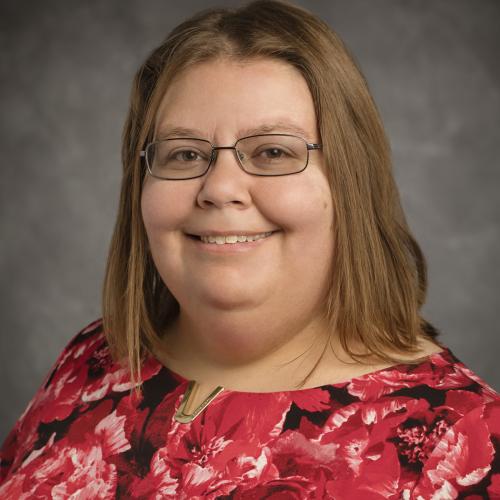Assistant Professor Jodi Schneider has been awarded a three-year, $416,760 Early Career Development grant from the Institute of Museum and Library Services (IMLS grant RE-250162-OLS-21), under the Laura Bush 21st Century Librarian Program, which supports innovative research by untenured, tenure-track faculty.
Her project, "Strengthening Public Libraries' Information Literacy Services Through an Understanding of Knowledge Brokers’ Assessment of Technical and Scientific Information," seeks to clarify how knowledge brokers—such as journalists, Wikipedia editors, and activists—assess the quality of scientific information. The project has implications for public access, information literacy, and understanding of science on policy-relevant topics.
"Library-based services to knowledge brokers have the potential to change the amount of misinformation circulating," said Schneider. "Complex scientific and technical information is highly relevant to the average person: It affects policy, legislation, and choices people make in their day-to-day lives."
For her project, Schneider will interview knowledge brokers and analyze documents they have written. Each year of the project will focus on a different case study: COVID-19, climate change, and artificial intelligence and labor. During the last 18 months of the project, Schneider will work with five public libraries to co-develop services that they can use.
"By implementing the services developed in this project, public libraries will be able to help consumers of information become more discerning about the sources they deem reliable as well as more skilled at processing information for themselves," she said.
The project draws on the work from her Linowes Fellowship with the Cline Center, where she has been investigating the polarization of health information in news.
Schneider studies the science of science through the lens of arguments, evidence, and persuasion. Her long-term research agenda analyzes controversies applying science to public policy; how knowledge brokers influence citizens; and whether controversies are sustained by citizens' disparate interpretations of scientific evidence and its quality. Schneider holds a PhD in informatics from the National University of Ireland, Galway, and master's degrees in library and information science from the University of Illinois and mathematics from the University of Texas at Austin.
